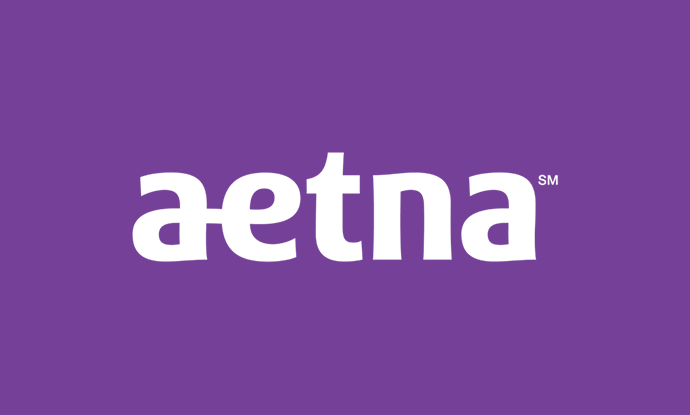Aetna Joins Healthcare Blockchain Alliance, Pilot Project
Aetna has joined an initiative to operationalize healthcare blockchain technology to reduce costly administrative redundancies.

Source: Aetna
- Not long after closing its deal to be acquired by CVS Health, health payer Aetna has signed on to pilot the use of blockchain technology as part of the Synaptic Health Alliance.
In a statement with new fellow participants Ascension, the insurer indicated its intention to apply the technology to improving data quality and reducing administrative costs tied to provider demographics.
Launched in April, the group has as its goal “exploring how blockchain technology could help ensure the most current health care provider information is available in health plan provider directories, providing consumers looking for care with the most accurate information when they need it.”
Covering 22 million lives, the CVS Health subsidiary is sitting on a wealth of data to help the healthcare blockchain pilot gain momentum and achieve scale. Aetna joins Humana, MultiPlan, and UnitedHealthcare as another key payer participant. For its part, Ascension’s participation provides information from accurate provider directories, a critical piece of the puzzle.
“Maintaining up-to-date health plan provider directories is a critical, complex and challenging issue facing organizations across the health care system,” the announcement stated. “Federal and state laws require that health plans maintain directories containing basic information about physicians and other health care providers. Industry estimates indicate that $2.1 billion is spent annually across the health care system acquiring and maintaining provider data.”
In an accompanying white paper, the alliance detailed how its collaborative approach to using a permissioned blockchain will increase the accuracy of provider data:
The Alliance plans to hit the ground running with a pilot project that explores how blockchain technology can be used to help ensure that provider directories contain the most current and accurate information possible. Through what it is calling the ‘provider data exchange’ (PDX), Alliance members would be able to actively share data with the aim of showing potential administrative cost savings for payers and providers while demonstrably improving provider demographic data quality and the experience of care for healthcare consumers.
As the authors of the paper observe, eliminating redundancy is the name of the game.
“On average, providers are affiliated with 20 health plans3 and often have to make updates with each health plan individually,” they write. “Yet health plans typically maintain their own provider data sets and rarely collaborate on the daunting task of provider data management, while bearing the high administrative costs.”
Blockchain, the technology responsible for empowering the rapid growth of Bitcoin and cryptocurrency, has the potential to safeguard accurate data from manipulation:
Blockchain technology enables the efficient creation of a synchronized, shared source of high-quality provider data through a decentralized, distributed ledger across a peer-to-peer network. Transactions are recorded chronologically in a cooperative and tamper-resistant manner, and updates entered by any party on their record are replicated almost immediately across all the other parties’ copies. When updates to a transaction are entered and accepted, those updates amend, rather than alter, those transactions. All transactions and updates remain visible and unchanged, providing a real-time audit trail and ensuring data integrity.
According to the Synaptic Health Alliance, manual labor and costs for managing and reconciling data can be substantially reduced, with savings spread throughout the network of participants. Additionally, automation can play an important role in eliminating human intervention and redundant processes.
“Blockchain is the trigger that brought us together,” said Optum Senior Distinguished Engineer Mike Jacobs, “but the collaboration to solve widespread healthcare problems is our real goal. We envision the possibility of effecting change at scale – helping to make the health system work better for everyone.”
The proposed solution will allow members to “view, input, validate, update and audit non-proprietary provider data within the network.” The next milestone is bringing a viable product to market, a key part to the process which has yet to occur despite the continued buzz around blockchain.
While the inner-workings of blockchain may be hard for many non-technologists to grasp, blockchain’s allure comes from its decentralized approach and the immutability of data in the chain (i.e., the blocks). The technology has many fans and critics in healthcare, an industry where skepticism most often wins out.
